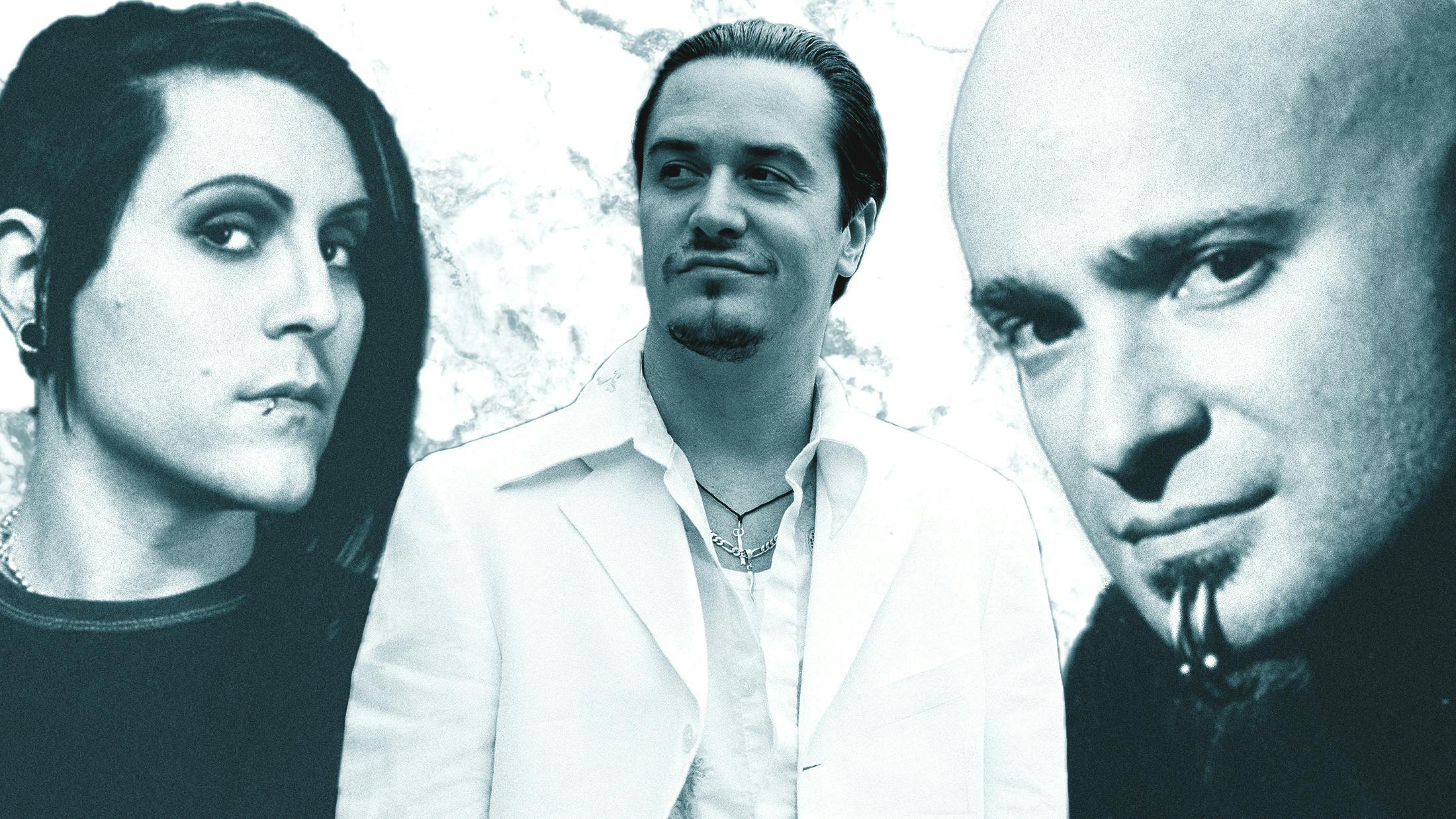Looking back, it’s as though Lzzy Hale emerged from the womb midway through writing a song. While Halestorm didn’t become the hard rock juggernaut we now know and love until the mid-’00s, she and her brother/drummer Arejay had already been performing heartfelt music and posing aggressively (and at times adorably) for almost a decade. Interestingly enough, the band name never changed – even then, they were Halestorm.
Not only that, but Lzzy has dealt with obstacles and gatekeepers since day one. Speaking to Kerrang! in 2018, the singer and guitarist revealed how she was taken aside at her Catholic middle school and discouraged from making rock music. "It was me, the principal and two other teachers – it was an intervention. It was like, ‘Hey, I know you’re trying to be a musician, but where’s the ministry in this?’ and, ‘We’re not going to allow you to talk about it or to pass around your music any more in the school.’" Thankfully, she didn't listen, and all these years later, we're here to reap the benefits.
